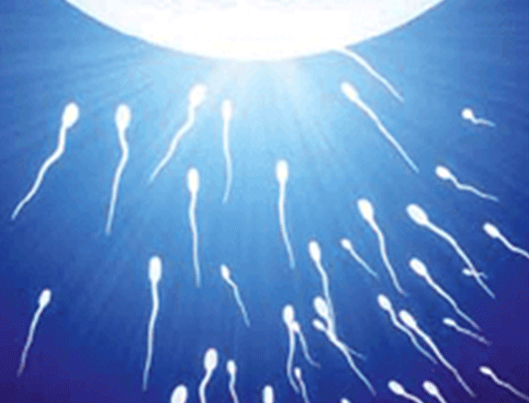A fertile couple in their 20s having regular sex has around a 1 in 4 chance of getting pregnant each month. Conversely, infertility is defined as the inability to conceive even after a year. The sharp rise in infertility cases in Singapore is mainly due to people delaying marriage and starting a family past their prime childbearing years, causing the quality of both egg and sperm to be lower. However, it must be noted that even though much of the discussions around infertility tend to be centred on women, it is estimated that of the 1 in 7 couples who struggle with infertility, 50% to 60% are actually attributed solely or in part to the man – something that should not be overlooked.

Urologist, Dr Michael Wong was Faculty at the World Congress of Endourology in Abu Dhabi. Seen here with great friends ; Prof Chandru sundaram from Indiana University and dr png Keng siang from Singapore






